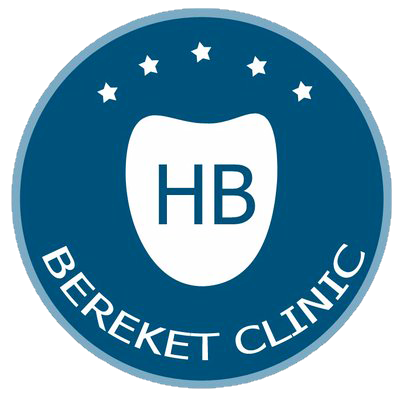
Dental Checkup
What Happens During a Dental Checkup?
Even if you follow a diligent home care routine, regular checkups with a dental professional are still a must. Your dentist can watch for early signs of decay, gum disease, oral cancer, or other dental problems and take appropriate action. In addition, professional cleaning rids your teeth of calcified plaque, called calculus or tartar, that can build up in hard-to-reach places. Finally, your dentist can spot clues to whether oral problems are actually symptoms of other diseases in the body.
For most people, two checkups per year are sufficient. But if you have special problems or if you’re at high risk for conditions such as periodontal disease, your dentist may recommend that you come in as frequently as every three months. A routine visit will include a professional cleaning, an exam, and possibly X-rays. Your dentist should also discuss your health history, asking about your past dental problems, allergies, medication use, drug reactions, recent illnesses, and chronic diseases.
Cleaning Your Teeth
During the cleaning, the dentist or hygienist will use a scaler (a small metal instrument with a bladelike end) to scrape off tartar above and below the gum line. Or he or she may use an ultrasonic vibrating device to shake loose plaque and tartar and then rinse it away with a stream of water. The dentist or hygienist will then polish the teeth with a lightly abrasive paste and finish up with a flossing. The now-smooth tooth surfaces make it more difficult for plaque to accumulate before the next cleaning.
Examining Your Teeth
After your teeth are clean, your dentist will examine them for signs of decay, using a metal probe and a small mirror with an angled handle. He or she will check for gum swelling and redness and measure the depth of the gingival pockets. Swelling, redness, and deep pockets are all signs of gum disease. Your dentist will test how your upper and lower teeth come together and will look for evidence of tooth grinding or problems with the temporomandibular joint (which connects the lower jaw to the skull). He or she should also examine your neck, lymph glands, palate, and the soft tissues of your mouth (cheeks, tongue, lips, and floor of the mouth) for signs of infection or oral cancer, especially if you are age 35 or older. Because early detection of oral cancer is important, if you’re unsure whether your dentist screens you regularly for this disease, ask him or her to do so at each exam. You also may want to perform a monthly self-exam, particularly if you are at high risk.
In the course of dental work, your dentist may inadvertently touch the soft palate at the back of your throat, evoking your gag reflex. This often happens when your dentist positions X-ray films or takes tooth impressions. Fear often exacerbates the gag mechanism, so much so that some people retch at even the smallest touch to their palate. Needless to say, this causes problems for both the patient and the dentist. If you have a sensitive gag reflex, you may find that certain techniques—such as hypnosis, acupressure, or acupuncture—can help you relax.
